Scaling user research, means doing more, doing more research, and doing more with user research, through democratization, or enablement.Democratization in UX, is a topic of controversy, yet this episode is a conversation and not My an argument debate. I think partially because the term democratization and the concept of democratization really has some baggage.Instead of having to spend your time evangelizing the importance of research, which takes up a lot of a lot of time, you are able to spend your time enabling research through systems, infrastructure and tooling. After a long and winding career journey (from eLearning designer, to product manager, to UXer), Roberta now leads the User Research team at User Interviews, where she conducts strategic research projects and creates scalable systems and resources for democratization.She’s researched and designed experiences for communities of learners, educators, and enterprise clients at companies like Year Up, edX, Pluralsight, The Predictive Index, and more.At her core, she’s an infectiously curious and adaptive leader who loves bringing teammates closer to customer insights. She values learning and community and derives the most joy from mentoring, coaching, and enabling others.In her free time, she’s a Career & Wellness Coach at Learn Mindfully and enjoys gardening, storytelling, and cooking. She’s based in Boston, MA with her partner and two cats.LinksArticle - Scaling Research / Democratization 2.0User Interviews intro promo - get 3 free participantsRoberta DombrowskiWebsiteLinked In ********If you enjoy this podcast, there are some really simple ways you can help us: follow us on twitter - like and reshare our postssubscribe to the newsletter for updates and bonus contentshare this episode, or any of our episodes, with a friend. rate & review us on Apple Podcast or iTunes on desktop!Connect with UX Cake!UX Cake Website | Facebook | Twitter | Instagram | Linked InSupport this show http://supporter.acast.com/uxcake. Hosted on Acast. See acast.com/privacy for more information.



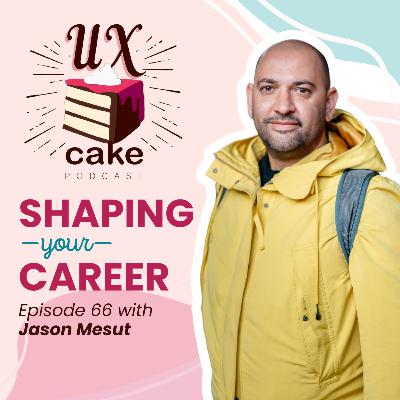

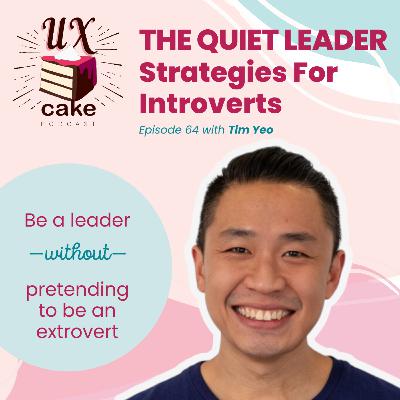

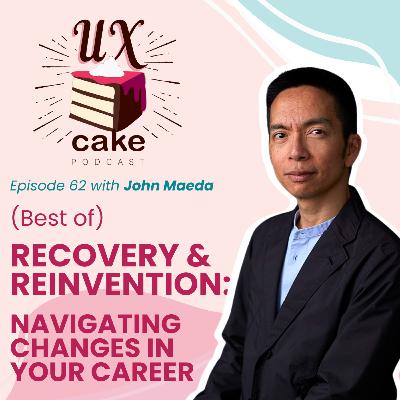
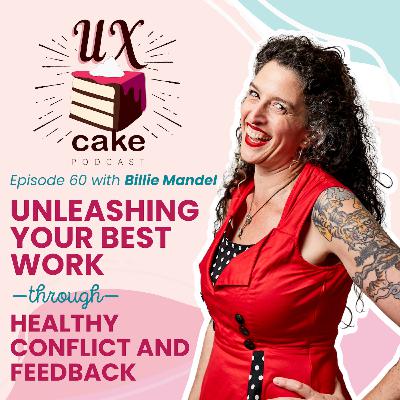

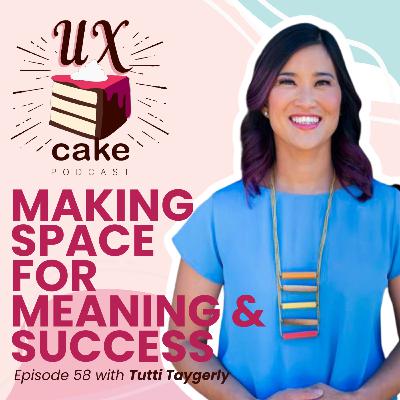


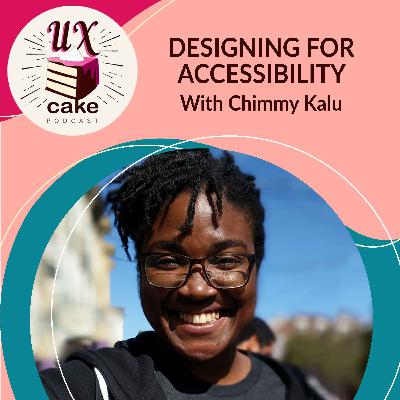






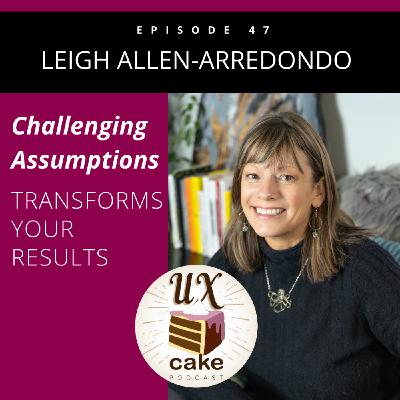





very thoughtful podcast